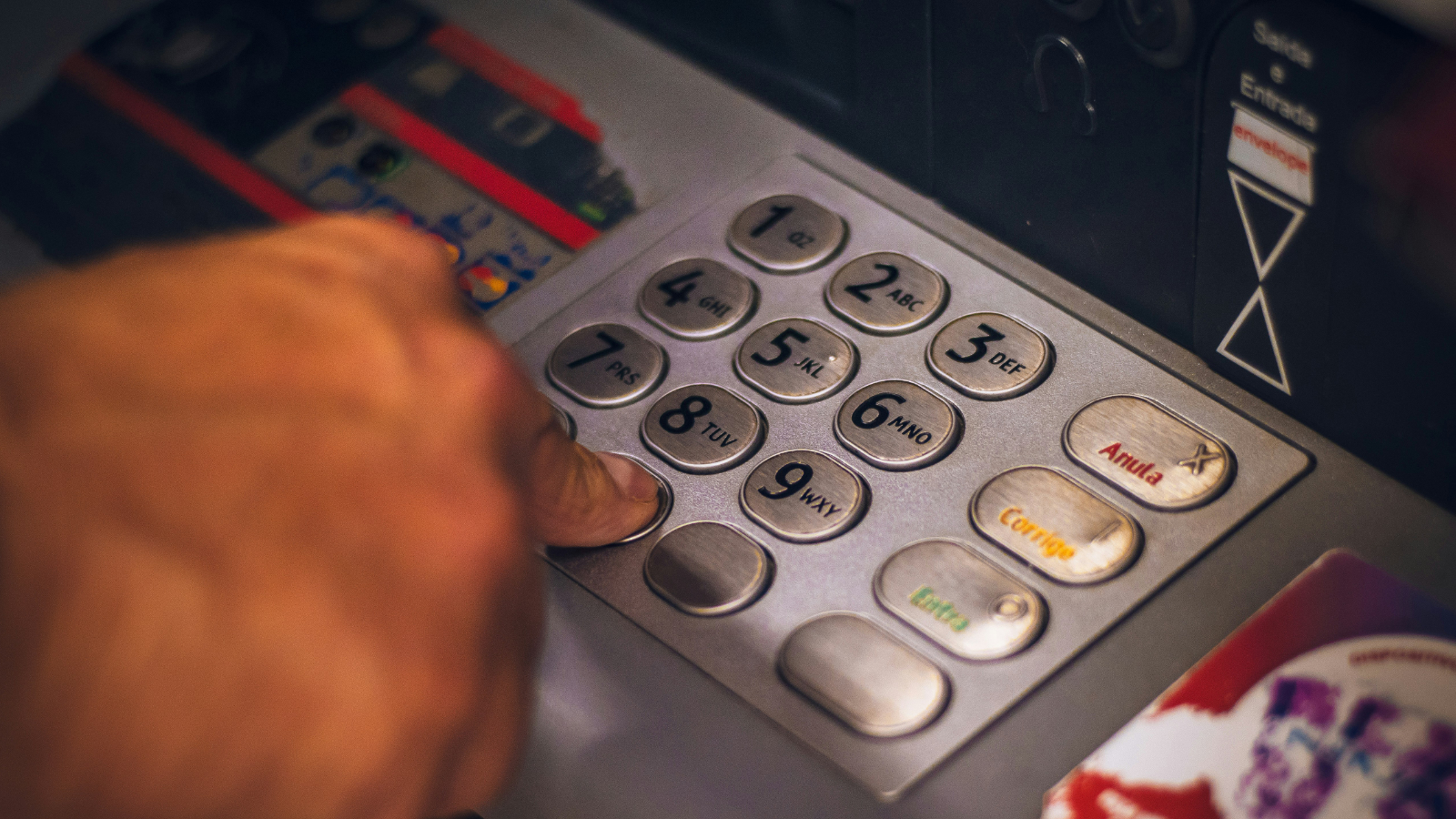If your taxable income for the 2023-24 tax year falls below £17,570, you won’t owe any tax on interest received. This threshold is determined by adding the £5,000 starting rate limit for savings (where 0% of the interest is taxable) to the current £12,570 personal allowance. However, it’s important to understand that if your total non-savings income exceeds £17,570, the starting rate limit for savings won’t be available to you.
There’s a tapered relief option if your non-savings income falls between £12,570 and £17,570. In this scenario, every £1 of non-savings income above your personal allowance reduces your starting rate for savings by £1.
Additionally, there’s a Personal Savings Allowance (PSA) that offers benefits to many savers. This allowance ensures that for basic-rate taxpayers, the first £1,000 of interest on savings income is tax-free, while for higher-rate taxpayers, the tax-free personal savings allowance is £500. Taxpayers paying the additional rate of tax on taxable income over £125,140 cannot benefit from the PSA.
Interest from savings products such as ISAs and premium bond wins are not included in the limit. Taxpayers with tax-free accounts and higher savings can still benefit from the relevant PSA limits.
Banks and building societies no longer automatically deduct tax from bank account interest. Taxpayers who need to pay tax on savings income must declare this as part of their annual self-assessment tax return.
Taxpayers who have overpaid tax on savings interest can submit a claim to have the tax refunded. Claims can be backdated for up to four years from the end of the current tax year, meaning claims can still be made for overpaid interest dating back to the 2019-20 tax year. The deadline for making claims for the 2019-20 tax year is 5 April 2024.
If you would like to discuss your self assessment for the tax year ahead or would like help with your personal accounting do contact a member of the CB Reid team.

